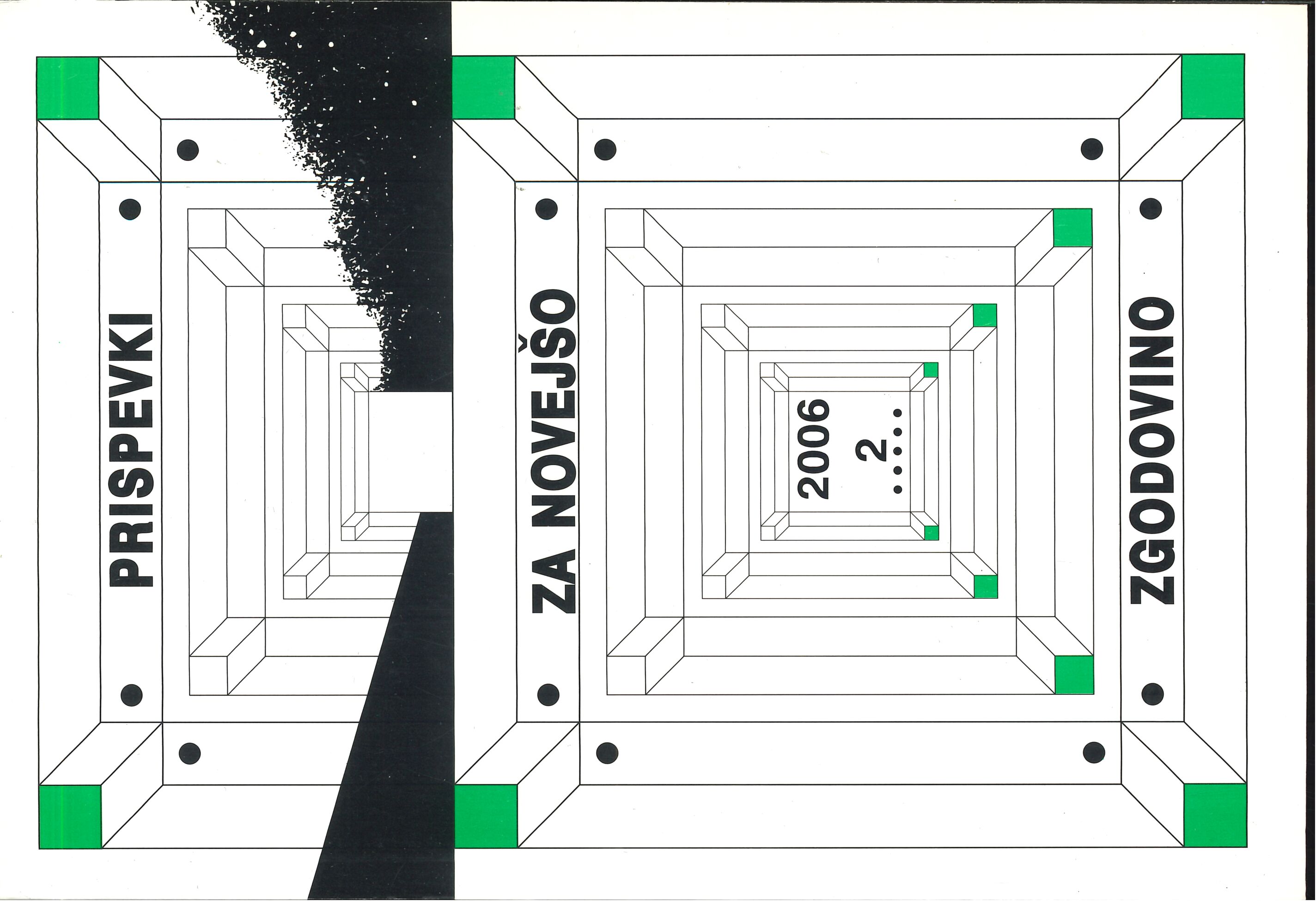Historians on the Border between Carniola and Croatia between 1881 and 1916
Keywords:
Croatia, Slovenia, Carniola, Border issue, borders, ŽumberakAbstract
In the Habsburg Empire, historical law was held in high esteem. This should be borne in mind when considering the greatest dispute on the then southern Carniolan border - the so-called Žumberak issue. In the 1869-1881 period, during which the Vojna krajina organization was abolished, isolated enclaves of Žumberak and Marindol, that had been founded on Carniolan soil and populated with the Uskok families, became the subject of an acute border dispute between Carniola and Croatia. Because of the particular nature of the dispute, historians also played an important role in it. In 1881, two were commissioned for this task by their governments, namely August Fournier by Austria and Radoslav Lopašić by Croatia. Nikola Badovinac, an amateur historian and a member of the Hungarian commission for Žumberak and Marindol, who had developed a unique theory about two Žumberaks, strove for the annexation of Žumberak to Croatia in the Croat Parliament, as did Tadija Smičklas. Anton Koblar, commissioned by the Carniolan provincial government in the 1890's, searched for arguments in support of the Carniolan claims. The last of those advocating the annexation of Žumberak to Corniola before and during the First World War was Josip Mal.
Downloads
Published
Issue
Section
License
Authors who publish with this journal agree to the following terms:
- Authors retain copyright and grant the journal right of first publication with the work simultaneously licensed under a Creative Commons Attribution License that allows others to share the work with an acknowledgement of the work's authorship and initial publication in this journal.
- Authors are able to enter into separate, additional contractual arrangements for the non-exclusive distribution of the journal's published version of the work (e.g., post it to an institutional repository or publish it in a book), with an acknowledgement of its initial publication in this journal.
- Authors are permitted and encouraged to post their work online (e.g., in institutional repositories or on their website) prior to and during the submission process, as it can lead to productive exchanges, as well as earlier and greater citation of published work (See The Effect of Open Access).


